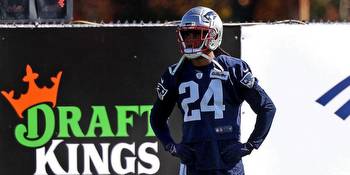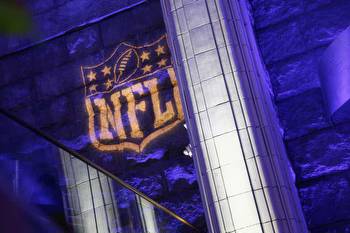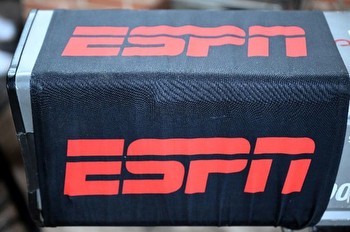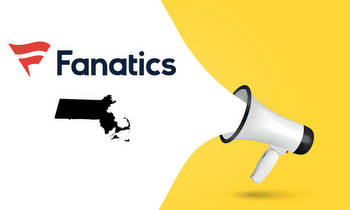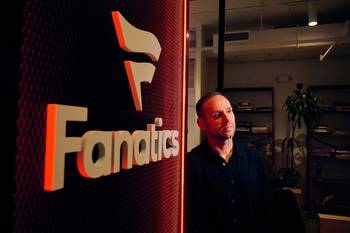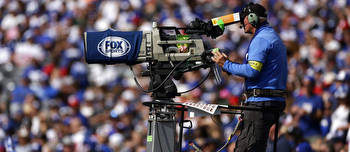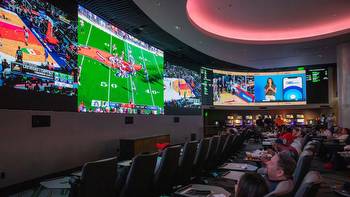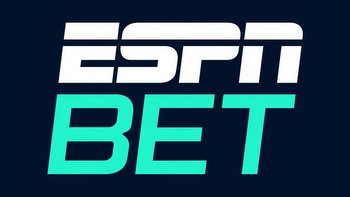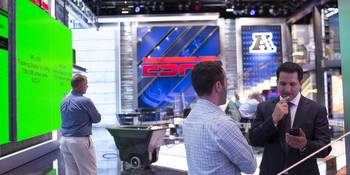Survey: Fanatics Preferred Over ESPN Bet As Industry Disruptor
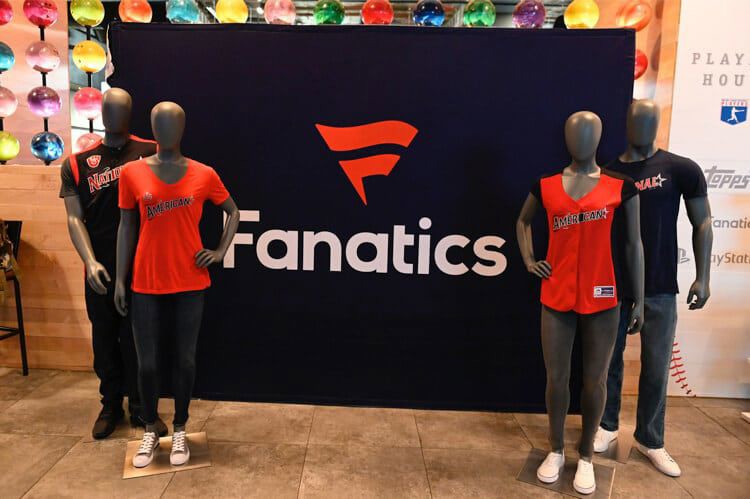
As sports betting trends across the nation indicate, online market share has largely been concentrated among four major companies since the historic PASPA decision.
When PENN Entertainment’s ESPN BET makes its much-ballyhooed debut next month replacing the operator’s Barstool Sportsbook, the platform will join Fanatics as the second mainstream brand to challenge the entrenched leaders. The impending launch has engendered lively debate on whether the highly capitalized companies can wrestle meaningful market share away from the Big Four — DraftKings, FanDuel, BetMGM, and Caesars Sportsbook. To that end, Hot Paper Lantern (HPL), a New York-based integrated marketing firm, sought answers.
Ahead of this month’s Global Gaming Expo, Digital Sport by HPL conducted a comprehensive survey about ESPN BET’s and Fanatics Sportsbook’s prospects for disrupting the industry. The survey was completed by approximately 30 leading journalists in the sports betting industry. On a long-term time horizon, roughly 65% of respondents selected Fanatics as the brand that would earn enough market share to shake up the Big Four. The question was posed as a binary proposition: The journalists could select either Fanatics or ESPN BET, they could not choose a tie.
Moreover, 57% of respondents selected Fanatics’ e-commerce loyalty ecosystem system compared with ESPN’s user base as the stronger user tool for acquiring sports bettors.
“It all comes back to how good the product is, how relevant, and how easy the product is,” Hot Paper Lantern CEO Ed Moed told Sports Handle. “Fanatics clearly has the upper hand from the survey with how they’re viewed.”
Appealing to the 20-something crowd
For both ESPN BET and Fanatics, Moed suggested a key demographic will be the cohort of bettors in their early 20s. Leading sportsbook operators not only have to work assiduously to attract these customers, the books must focus on retaining them deeper into the business cycle. Winning the battle will pay dividends, as the 18-34 demographic continues to consume sports for years to come. Males in two successive demographics, the 35-44 cohort and those ages 45-64, are also among the nation’s most avid sports fans, studies show.
But the demographic containing neophyte bettors may carry more importance to operators such as Fanatics. In Kentucky, where Fanatics debuted its sports betting last month, the company offered new customers a free jersey for placing a single wager of at least $50 (minimum odds of -500). The promotion is a unique offering for an e-commerce giant, which derives its roots from selling licensed sports merchandise.
“People love swag,” Moed said. “It’s a reason why Fanatics is beloved.”
Other findings from the survey:
- 70% of respondents envision that Fanatics and ESPN BET could earn a combined market share of 11-20% within two years
- 74% of respondents feel the Big Four should be concerned about Fanatics or ESPN Bet earning significant market share to impact their business.
- 74% of respondents answered that Caesars stands to lose the most market share within the next two years.
Over the summer, PENN Entertainment inked a deal with ESPN to receive exclusive rights to the network’s sports betting brand. On a long-term basis, PENN Entertainment CEO Jay Snowden is hopeful that ESPN BET can command a nationwide market share of 20%.
When asked about the likelihood that either Fanatics or ESPN BET will reach that threshold in the next several years, Moed responded that it would be tough to accomplish, but not out of the question. The companies will need to have an enormous marketing budget, create an appealing product, and achieve synergies with other segments, he suggests.
During Week 7 of the NFL regular season, Fanatics garnered 3% of sports betting app downloads nationwide, according to data compiled by JMP Securities. Keep in mind that Fanatics is live in only four states beyond Kentucky: Maryland, Massachusetts, Ohio, and Tennessee. By comparison, PENN recorded 2% of all app downloads, compared with 4% in the same week a year ago.

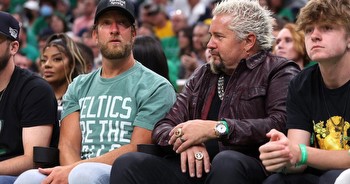






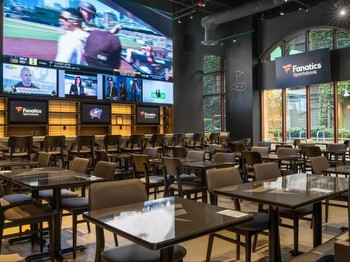
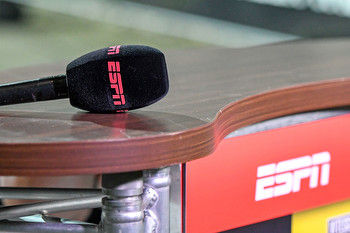

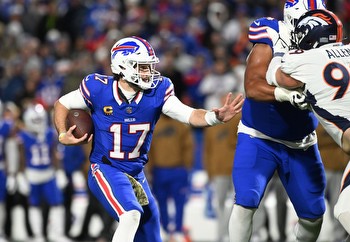
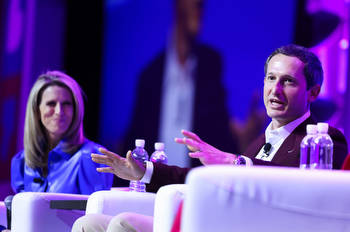
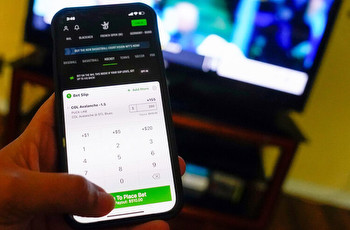

![Sports betting companies battle for customers as NFL season kicks off [Video]](/img/di/sports-betting-companies-battle-for-customers-as-nfl-season-kicks-off-video-1.jpg)
